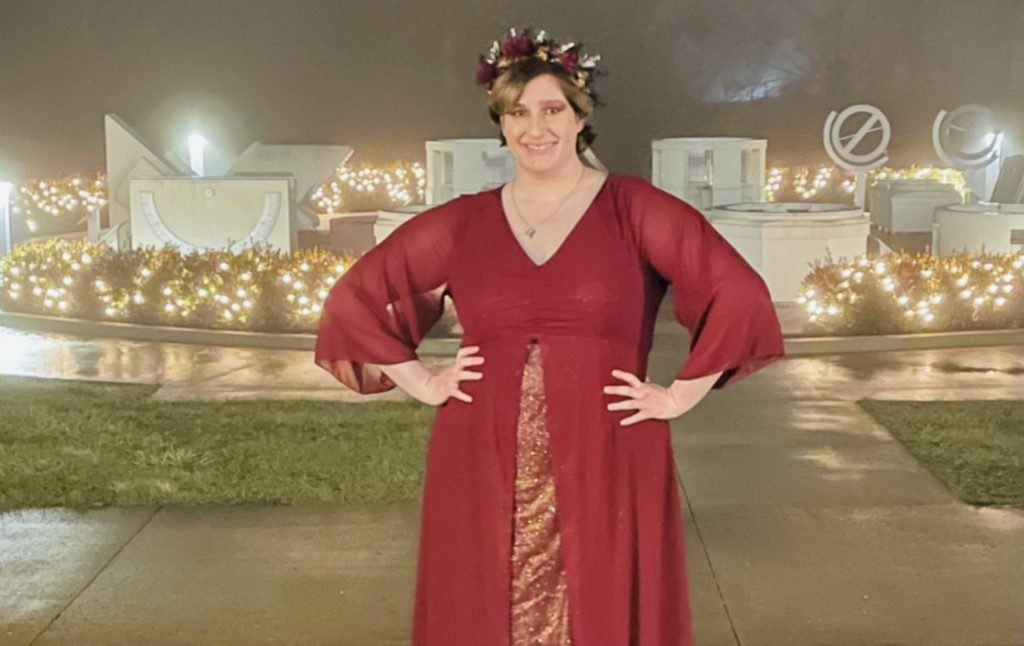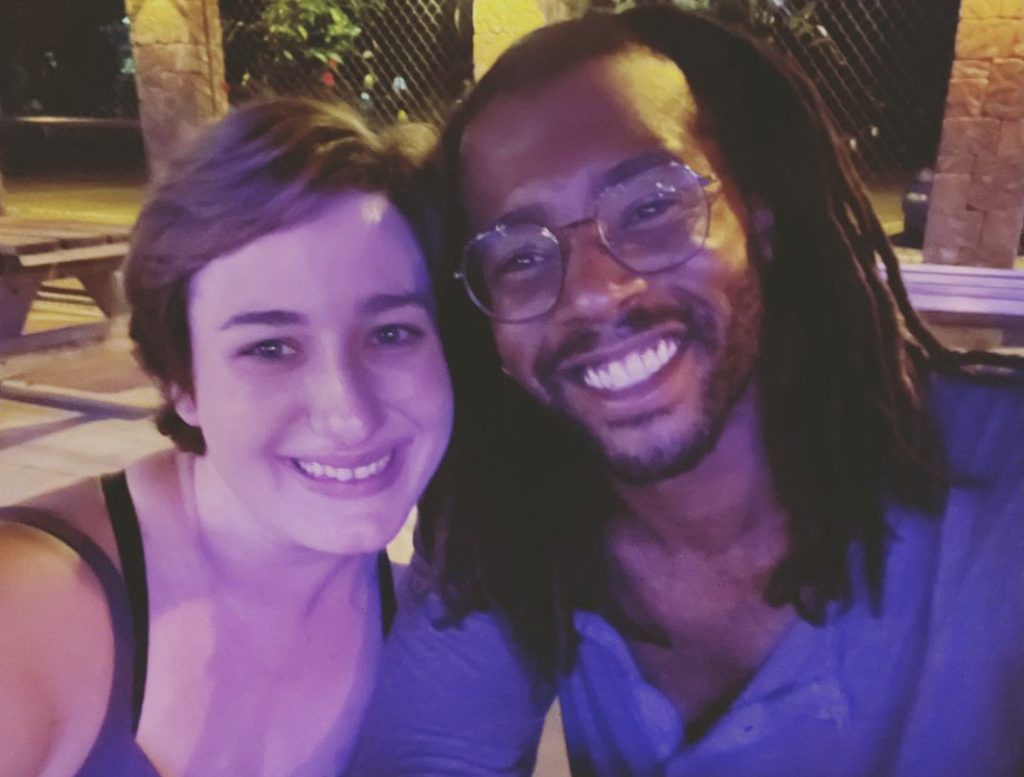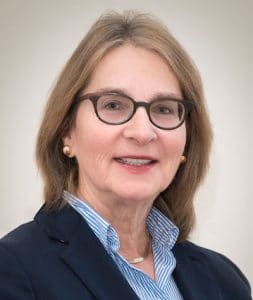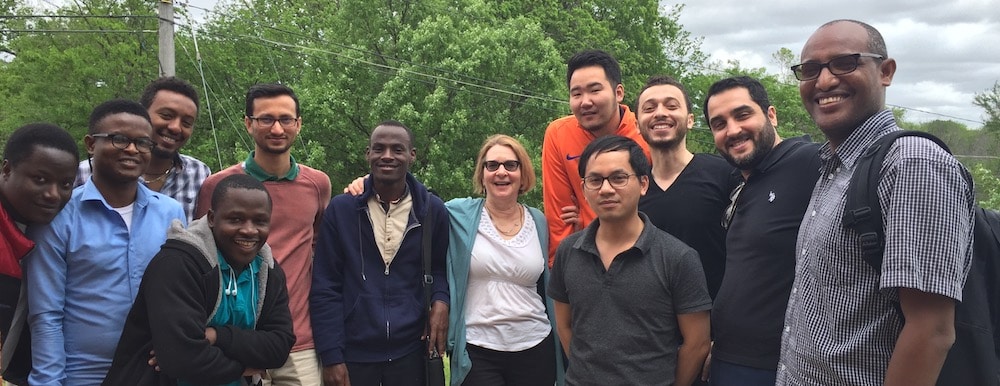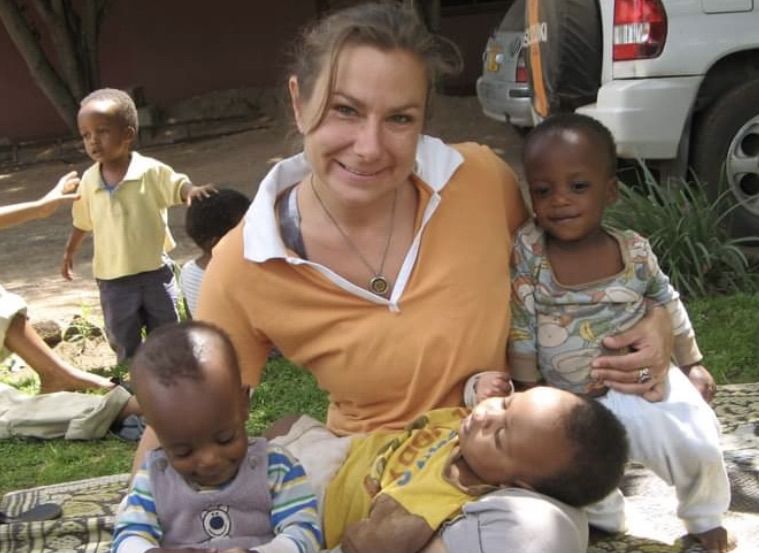
Karena Jones—Pursuing Self-Fulfillment to Support Others

January 24, 2022 • ISSUE 607
Karena Jones
Pursuing Self-Fulfillment to Support Others
 Karena Jones is a childcare specialist from Colorado who is pursuing a master’s degree in Maharishi Vedic Science℠ at MIU. Karena earned an undergraduate degree in contemplative psychology from Naropa University in Boulder, Colorado, and a master’s degree in educational psychology from the University of Colorado Denver.
Karena Jones is a childcare specialist from Colorado who is pursuing a master’s degree in Maharishi Vedic Science℠ at MIU. Karena earned an undergraduate degree in contemplative psychology from Naropa University in Boulder, Colorado, and a master’s degree in educational psychology from the University of Colorado Denver.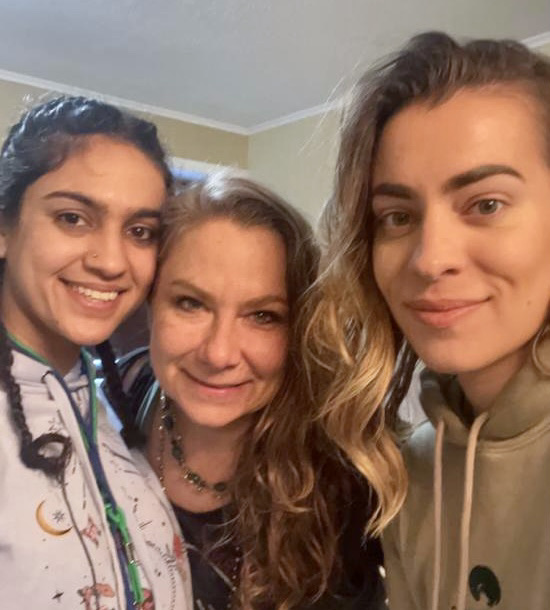
With MIU friends Sanaa Sayani and Sarah Bozann

With children in the Cradle of Love Baby Home in Arusha, Tanzania
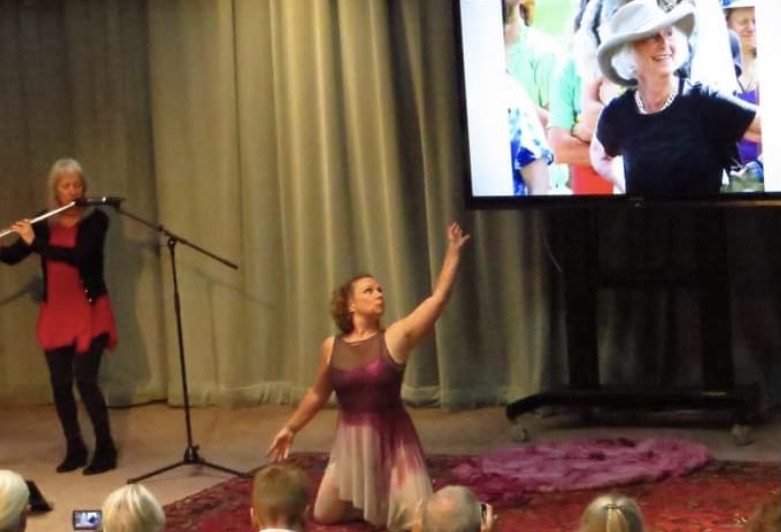
Performing a devotional dance in 2019 celebrating the life of innovative speaker, futurist, and author Barbara Marx Hubbard at her memorial

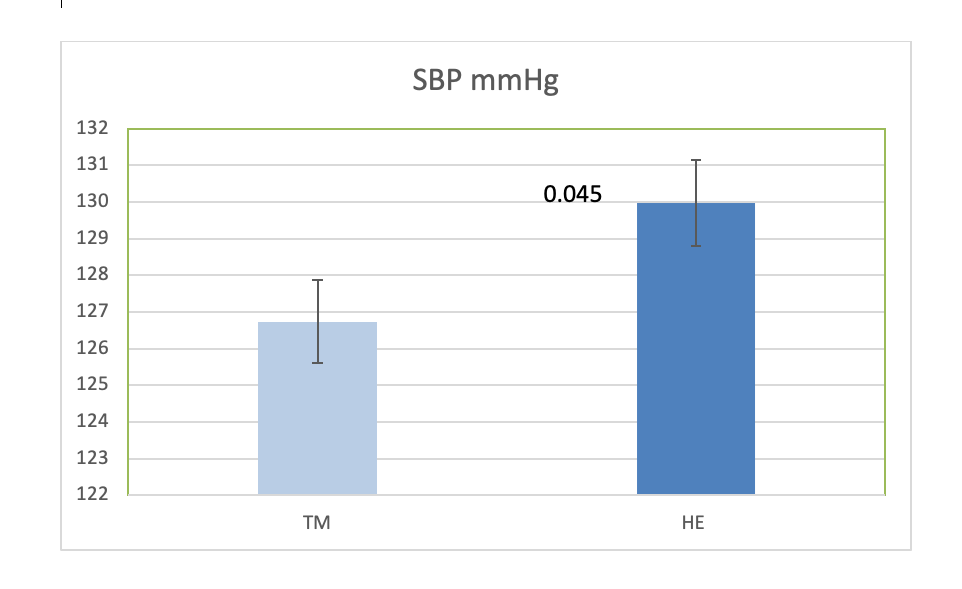
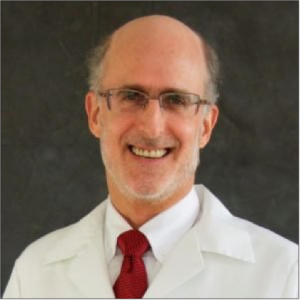

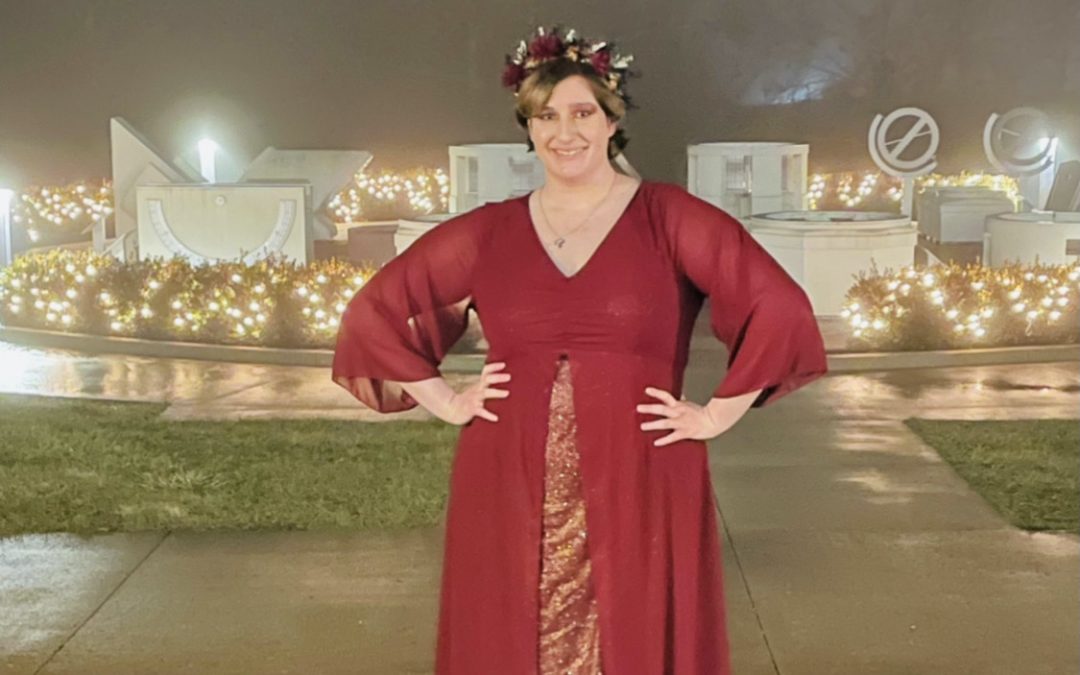
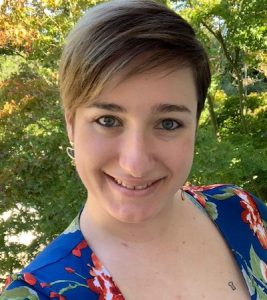 Francesca Redlich is a student from California who has served on MIU Student Government since her enrollment in August 2019. She has acted as LGBTQ+ as well as diversity, equity, and inclusivity representative and is now the Student Body president.
Francesca Redlich is a student from California who has served on MIU Student Government since her enrollment in August 2019. She has acted as LGBTQ+ as well as diversity, equity, and inclusivity representative and is now the Student Body president.